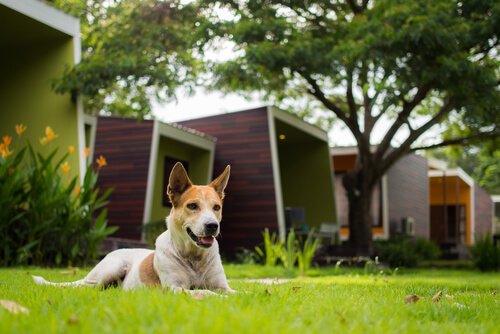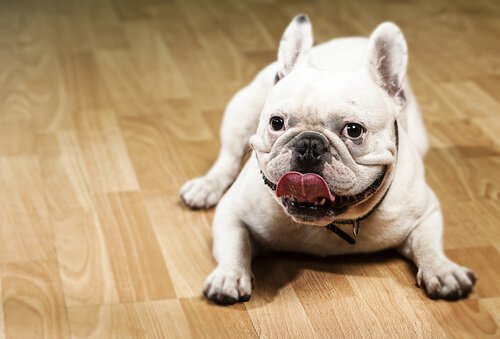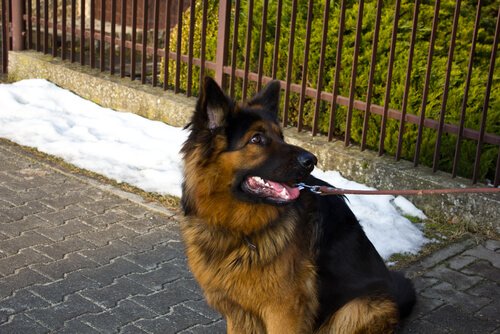Advice to Avoid Getting in Trouble with Your Dog

Just because you love animals doesn’t mean everyone else does too. Some neighbors might not like dogs, so pet owners must set rules and limitations in order to coexist with others. Hopefully, your dog won’t be the one responsible for causing any problems.
There are two realities that can’t be ignored: first, an untrained dog can be annoying. Second, as a pet owner, you are responsible for anything your animal does. So, the following provides some helpful tips on how to prevent your dog from causing problems for you and your neighbors.
Read your community’s rules
In general, each neighborhood or community has its own set of rules for pets. The first step is to find and read those rules, and make sure you are fulfilling them.

Remember that said rules are not something you can question or disobey. They are part of a mutual agreement to ensure high living standards. Avoiding problems with your dog practically means following the rules.
The key to respect is training
Training your dog and teaching him to behave is not just an option, it’s an obligation – for the sake of the animal and your neighbors. A well-trained dog knows not to pester or bark at other people and animals.
Therefore, the socialization process is importation because it will have your dog leave a good impression to the community. The neighborhood will approve you dog if he doesn’t bite, bark too much, or go to the bathroom in inappropriate places and moments.
Don’t allow any barking during the night
Your dog’s daily routine should be meant to burn as much energy as possible during the day in order for you dog to sleep through the night. It’s up to you to make sure he isn’t making too much noise at night, even though it’s totally natural.
One method is to have you dog sleep in the basement or bottom floor. It’s also a good idea to keep him away from the door during the night. Even owners get annoyed by loud noises during sleep hours.
Want to avoid getting into trouble with your dog? Don’t forget to clean up after him!
In addition to avoiding fines, cleaning up after your dog on walks is a matter of principal. It’s best to keep your dog from going to the bathroom on a building, entryway, or street. In order to do this, you must train your dog from a young age and watch him closely during morning walks.
When it comes to feces, keeping a plastic bag handy will be plenty to avoid leaving your neighbors a nasty surprise.
Always take your dog out on a leash (and, if necessary, a muzzle)
At home, your pet can wander freely in his own territory. However, once leaving your home, you should keep your dog on a leash to keep him under control in case of any unexpected reactions.
If your pet has behavioral problems, a muzzle might also be necessary. Otherwise you run the risk of getting into serious trouble. Owners are legally responsible for any bites or other harm inflicted by their pets.
Make friends with other pet owners
Every block usually has at least 3 or 4 pet owners. Logically you’d want to meet them all, perhaps joining a neighborhood dog owners’ committee would be a good idea.

This way you could have support from others in case there is any neighborhood issue related to pets. This strategic communication could also be beneficial for your dog. This is also a good way for your dog to make canine friends, socialize, and avoid fights.
Put yourself in your neighbor’s shoes
In every community there are owners that defend their dog from any accusation that comes their way. However, honestly, taking this defensive stance will only cause greater problems. Whenever something happens, you might have someone knocking on door or having some sort of fine in your mailbox.
In contrast, it’s important to put yourself in your neighbor’s shoes. They have the right to a healthy living environment. Any claims they have is due to their discomfort. So, by listening to their complaints will help you avoid future conflicts. Putting these tips into practice should help you avoid problems with your dog wherever you live.
